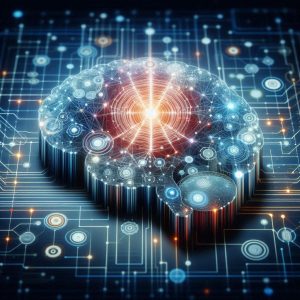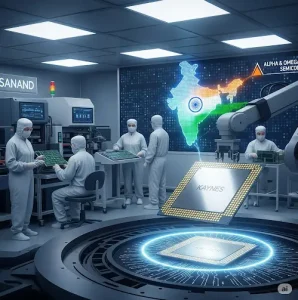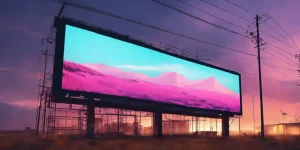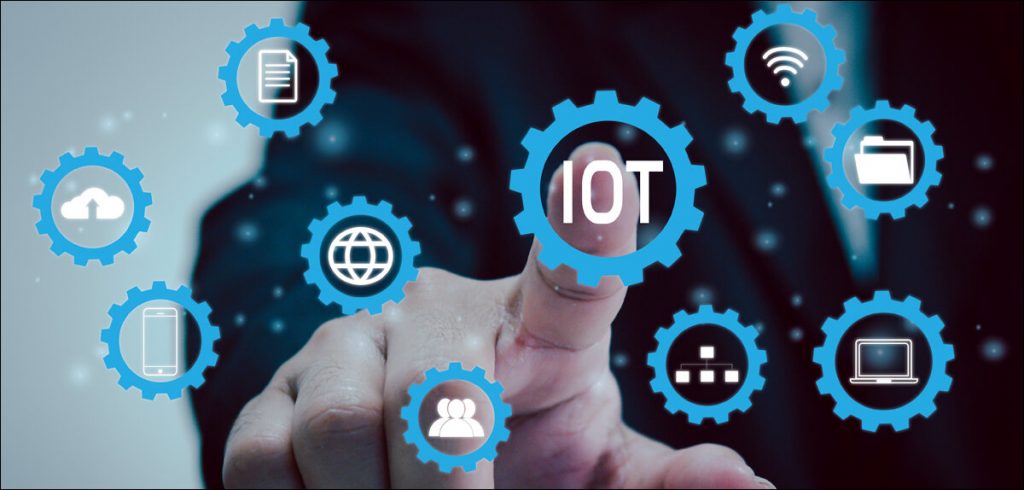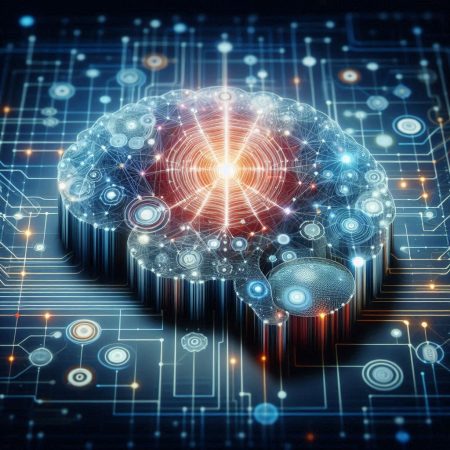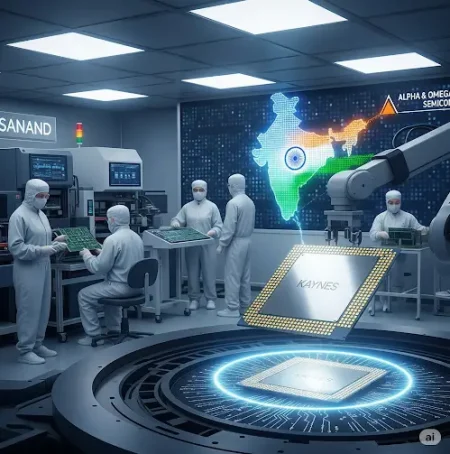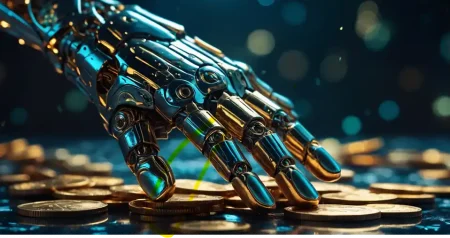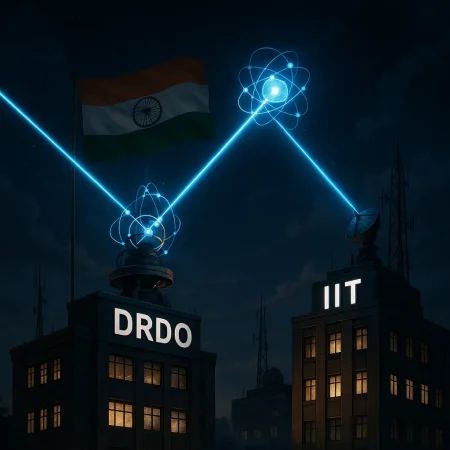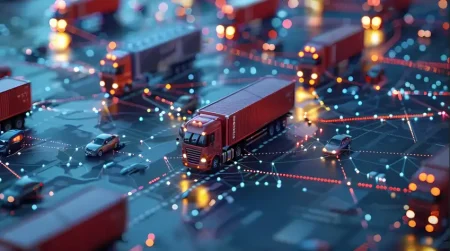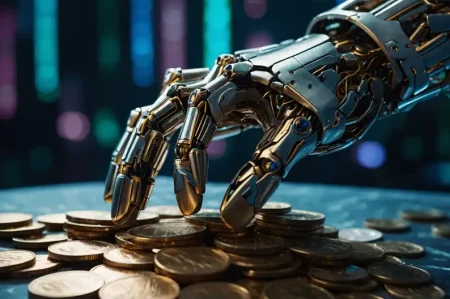IoT and AI are reinventing urban landscapes to make cities smarter, sustainable, and responsive to the needs of their denizens.
In an era with pressing environmental challenges, the ramifications of climate change are all the more apparent. Hence, the necessity for sustainability initiatives has never been more critical, and neither has the role of technology in driving these positive changes. IoT (Internet of Things) is now being applied for the good in innovative and surprising ways, from smart waste containers and transport vehicles to devices measuring water usage. These emerging advancements are not just exciting but also offer incredible potential for the way businesses operate and the way we live. And with every new development, it’s surprising to see how IoT initiatives for the good are emerging as a powerful tool for environmental conservation, monitoring, and sustainability. Here’s a lowdown on how technology and IoT practices are being used for the good.
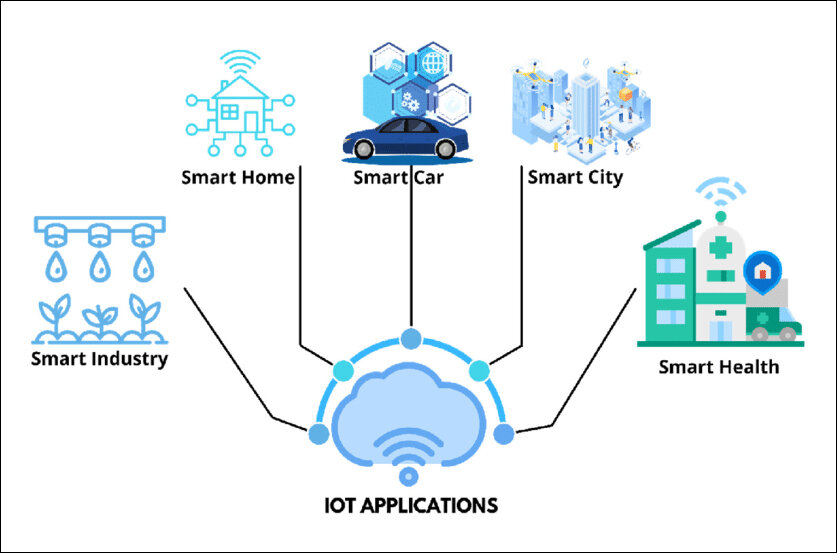
Promoting Sustainable Transportation
Transportation is one of the biggest reasons for carbon emissions, but technology offers promising solutions. The mission is to use technology to design more efficient transportation methods, hence cutting down on emissions. For instance, while India is witnessing an electric vehicle (EV) revolution, there are limitations to the vehicles currently. IoT-powered sensors installed all over vehicles can track many metrics to analyse data and optimise vehicle performance by suggesting smarter and more environmentally friendly ways to operate them. Not only that, but drivers will also be able to save operating expenses and avoid standing in line unnecessarily by finding nearby charging stations quicker – all by incorporating IoT into the EV ecosystem.
Interestingly, that’s not the only way IoT revolutionises the transportation game. For instance, KORE’s Fleet management and telematics system enables transportation companies to increase productivity and optimise route selection. Hence, it minimises the overall time spent on the road as well as the environmental impact.
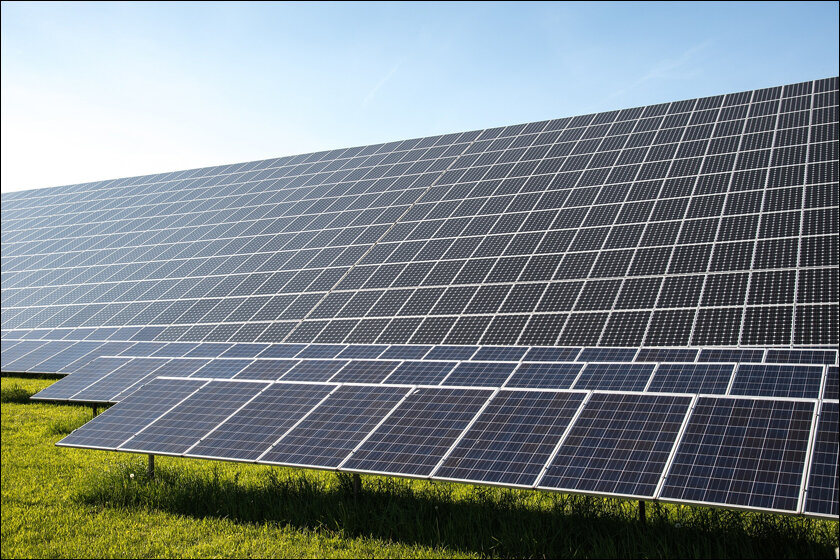
Energy Efficiency and Clean Energy
According to the International Organization for Migration’s Global Migration Data Analysis Centre (GMDAC), close to 60% of the earth’s then-8.5 billion population will live in cities by 2030. This raises serious challenges in providing energy to these billions across the world, which is why renewable energy is picking up steam again.
In fact, we added 50% more capacity for renewable energy to energy systems worldwide in 2023, and IoT has significantly enhanced energy efficiency for its use and distribution across multiple sectors. While there are widespread additions to renewable energy systems, like the usage of solar grids, that energy needs to be distributed well to regulate outputs based on usage data to prevent outages automatically and allow for recovery during blackouts/emergencies. This is where intelligent algorithms like smart grids come in, allowing for sensing along transmission lines and ensuring two-way communication between energy providers and customers. It allows smart grids to respond more quickly to power disturbances or real-time changes in electricity demand, resulting in efficient energy distribution.
Applications of integrated IoT and smart sensors for precision farming. (Image Credit: Wikimedia Commons)
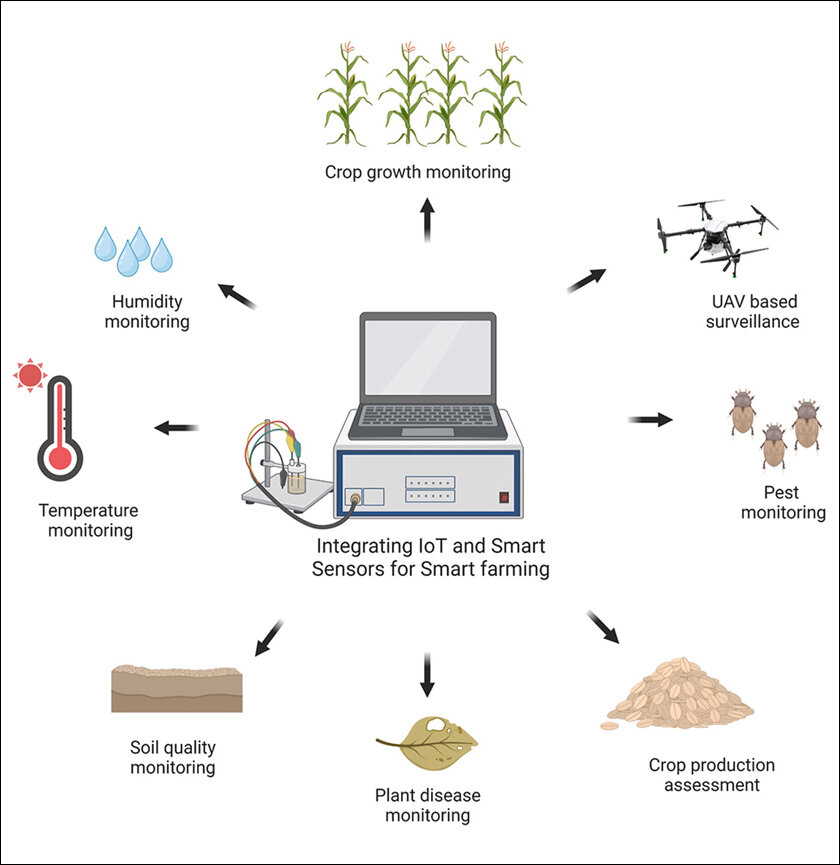
Smart Agriculture
Perhaps IoT’s impact has been the most visible when it comes to agriculture, having introduced revolutionary changes in how we manage and grow food resources. IoT sensors in smart agriculture can monitor weather conditions, crop health, and soil moisture and allow for precise nutrient and water application. This, in turn, ensures minimal fertiliser and water use, boosts crop yields, and mitigates any environmental impact, thus segmenting food accessibility. For instance, the independent NGO Digital Green has been empowering Indian farmers with AgriTech. By leveraging user-friendly AI with grassroots expertise, Digital Green designs tech-based solutions that help nearly 1.8 million farmers boost their agricultural productivity.
IoT is transforming agriculture not only on land but also at sea. Bangalore-based Skylo Technologies has partnered with FISHCOPFED (National Federation of Fishers Cooperatives Ltd) to deliver IoT-based solutions to the aquaculture and marine fishing sectors. These include monitoring the pH and oxygen levels of water in ponds across the states, thus bettering fish yields and profitability for fish farmers.
Water Conservation
Undoubtedly, water is one of our most critical resources, making efforts for ocean conservation and water management all the more important. A key initiative is the World Bank-funded drone mapping project, which employs IoT to “de-plastify” oceans. It basically uses drones to gather images from pollution hotspots, helping share detailed marine litter images with government officials, recyclers, and fisheries to enhance cleanup efforts and waste management strategies.
What’s more, IoT can tackle the water wastage issue in a plethora of ways – think smart irrigation systems, leak detection sensors, smart water meters, remotely-controlled water valves, predictive maintenance for detecting potential failures – the applications are practically endless.
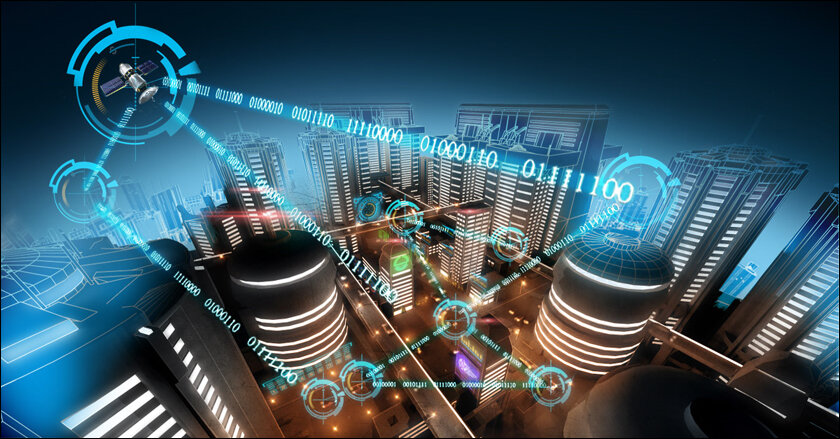
Smarter, Greener Cities
On the whole, IoT and AI are reinventing urban landscapes to make cities smarter, sustainable, and responsive to the needs of their denizens. IoT’s efforts for designing and building bring together everything we’ve discussed earlier to minimise emissions, reduce waste, and optimise resources. Smart cities can manage everything from efficient energy usage to traffic flow through IoT sensors and devices. With the World Meteorological Organization announcing that the last decade will be the warmest on record yet, the need to adopt sustainable practices is imperative. Through innovative technology and collective action, we can harness the power of technology for good and a greener tomorrow.
In case you missed:
- IoT and its role in energy transition
- Green Data Centres: Future-ready for Sustainable Digital Transformation
- The Price Of Money: Can Cryptocurrency Go Green?
- Can Drones Protect Our Cities?
- Guiding Light: How Photonics is Revolutionising Data Centres
- AI: Bringing About The Next Agricultural Revolution In India
- Seabed Security: A Deep Dive Into Underwater Robotics Technology
- Bitcoin Halving: Everything You Want to Know
- Wildlife Conservation: Is AI Changing It For The Better?
- Everything you need to know about DaaS (Desktop as a Service)
